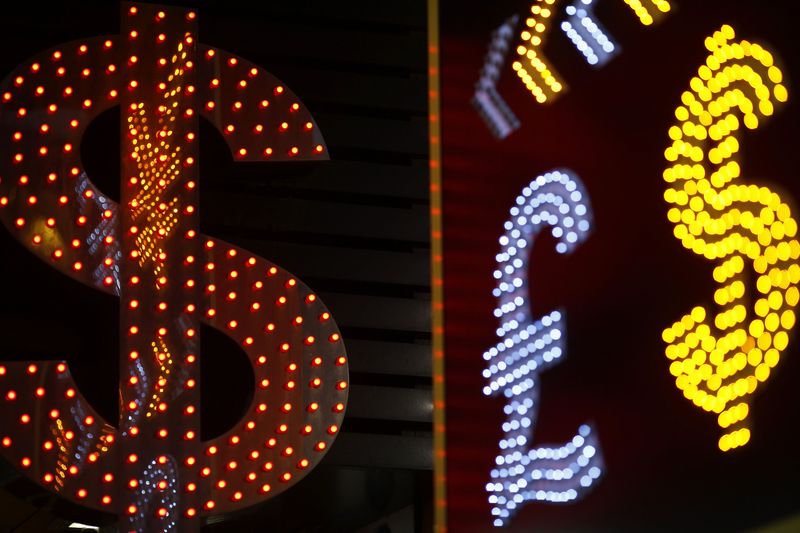Street Calls of the Week
The Bank of Japan (BOJ) maintained its stance of minimal intervention in the country’s government bond market, despite a steady increase in long-term interest rates. BOJ Governor Kazuo Ueda reiterated on Friday the possibility of increasing bond buying if "abnormal" market moves led to a sharp rise in yields, a stance aligned with the bank’s policy since tapering bond purchases in July of the previous year.
The BOJ’s commitment to let market forces dictate long-term interest rates comes after abandoning a policy that kept bond yields around zero.
The central bank has set a high threshold for emergency bond buying, reserved only for exceptional cases such as an abrupt spike in bond yields. This approach reflects a broader strategy to reduce the BOJ’s massive monetary support, which has been in place for decades.
Japanese government bond yields have been on an upward trajectory since October last year, influenced by rising U.S. Treasury yields and the BOJ’s own rate hikes. The benchmark 10-year yield reached a 15-year high of 1.44% on Thursday. However, Ueda’s comments on Friday helped to slightly reduce the yield to 1.42%.
Market analysts predict the possibility of the yield climbing to 1.5% in the upcoming weeks, with some investors expecting up to two additional rate hikes this year.
The BOJ’s gradual tapering of bond buying began in July, with plans to halve monthly purchases to 3 trillion yen by March 2026. Currently, the bank buys 4.5 trillion yen worth of bonds each month, and analysts estimate it could take about seven years to halve its 585-trillion-yen holdings.
Former BOJ board member Sayuri Shirai, now a professor at Keio University, indicated that the central bank is unlikely to conduct emergency bond purchases even if yields continue to rise, as its primary goal is to decrease its large bond holdings. The government is considered comfortable as long as the 10-year yield stays below 2%.
The BOJ’s tapering plan aims to alleviate market strains caused by its past heavy intervention. A BOJ survey revealed that market functioning remains low, with a key test of the tapering plan scheduled for June, when the BOJ will review its current strategy and decide on the next steps.
While domestic factors are shaping the BOJ’s policy, international developments, such as U.S. President Donald Trump’s auto tariff threats, could also influence bond yields by impacting Japan’s economic outlook and altering expectations for the BOJ’s rate hikes.
This article was generated with the support of AI and reviewed by an editor. For more information see our T&C.
